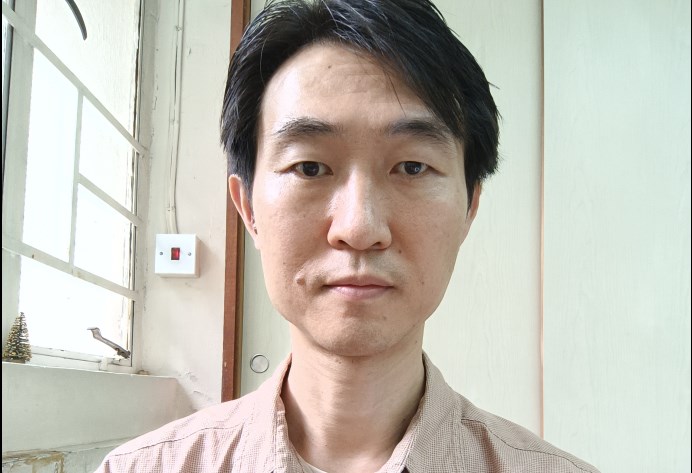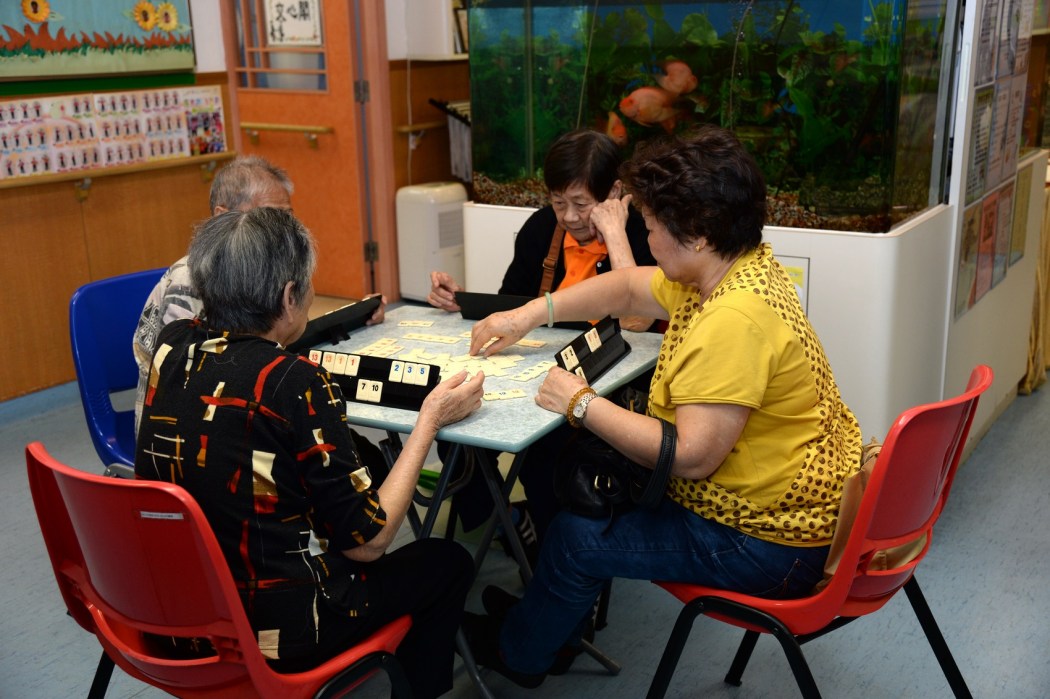Hongkongers will have more say on the manner and place of their end-of-life care under a proposed bill and amendments set to be considered at the legislature.
Hongkongers, who are over 18 and mentally capable, will be able to set Advance Medical Directives (AMD) to refuse specific life-sustaining treatment, and will be able to sign a “do not resuscitate,” according to a panel paper submitted by the Health Bureau to Legislative Council (LegCo). Currently, AMDs have no legal backing and “dying in place” – at venues such as care homes – can trigger a complex process involving a coroner.

“Legislation is only the first step,” said Tim Pang Hung-cheong, a patients’ rights advocate with the Society for Community Organization on RTHK radio on Monday. “To assist people with terminal illnesses in making AMDs requires the cooperation of different sectors in the health care industry. Otherwise, the number of people benefiting will be quite limited.”
‘Cautious’ decision-making
Under the proposed law, an AMD would be made in writing and require two witnesses. One of the witnesses should be a registered medical practitioner to verify the signatory as being mentally capable. The signatory will then have the main responsibility to carry the written directive on their person.
The government said the proposed bill would adopt a principle of “cautious [decision] making, easily revoke,” specifying that a directive could be revoked by written or verbal means, by “burning, or tearing.”

Hongkongers have been able to sign an AMD at government hospitals since 2010. While it complies with the common law principle that any adult can make an advanced refusal of life-sustaining treatments, the directive does not carry any legal weight.
Pang, the patients’ rights advocate, said that enacting AMDs often leads to difficulties: “Sometimes, medical practitioners are not sure to what extent the directive by the patient should be followed, especially when there is dispute between the patient and their families.”
No centralised directives database
At a LegCo panel last Friday, lawmakers discussed how to deal with circumstances where medics cannot obtain a patient’s AMD paper during urgent medical situations.

Some legislators suggested setting up a centralised database where all directives could be stored and accessed, the Standard reported.
However, Under Secretary for the Health Bureau Libby Lee rejected the idea, saying the government will stick to the panel paper guidance. Pang said that, while it might be sometimes difficult to locate someone’s AMD in hard copy form, digitisation may make it difficult for those in the final stages of life to make adjustments.
Dying in place ‘difficult’
For residents in care homes, “dying in place” currently triggers a series of procedures.
Under the Coroners Ordinance (Cap. 504), all cases of death at residential care homes are reportable to the coroner. The body has to be sent to a hospital or public mortuary to receive further examination or an autopsy, meaning care homes are reluctant to allow residents to pass away on the premises.

The government is planning to amend the Coroners Ordinance to exempt, and facilitate, residents with natural illnesses to pass away at care homes.
“As I understand, it brings a lot of chaos at care homes when it comes to helping the elderly to set up AMDs, as the families and elderly people often have different opinions. Now the proposed law will help foster consensus and it will be better for the elderly,” said Tik Chi-yuen, a self-proclaimed non-establishment legislator.
Tik added it would be better to set up a centralised database for directives.
The Advance Decision on Life-Sustaining Treatment draft bill and amendments will be submitted to LegCo by the end of 2023, the Health Bureau announced last Friday.
Support HKFP | Policies & Ethics | Error/typo? | Contact Us | Newsletter | Transparency & Annual Report | Apps
Help safeguard press freedom & keep HKFP free for all readers by supporting our team

LATEST FROM HKFP
HKFP has an impartial stance, transparent funding, and balanced coverage guided by an Ethics Code and Corrections Policy.
Support press freedom & help us surpass 1,000 monthly Patrons: 100% independent, governed by an ethics code & not-for-profit.










